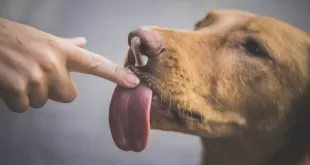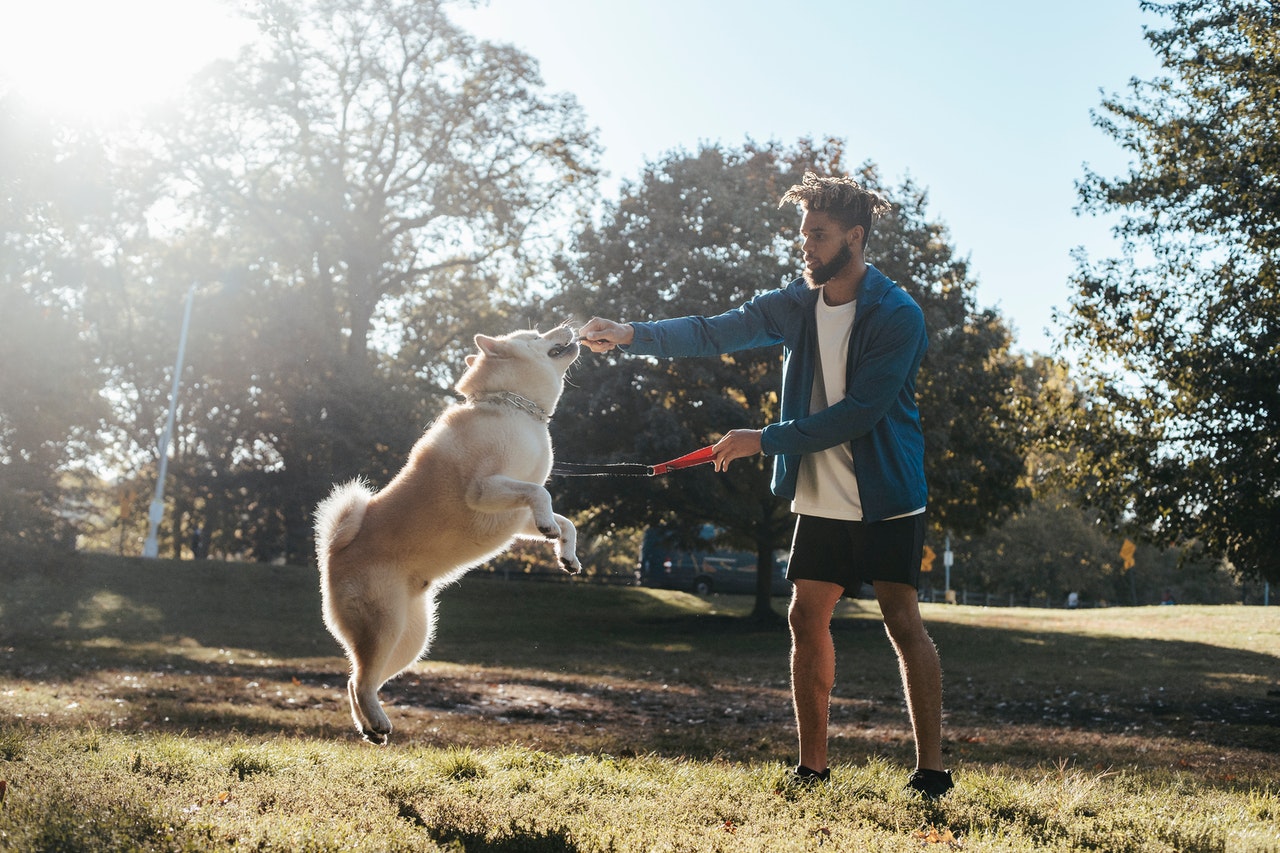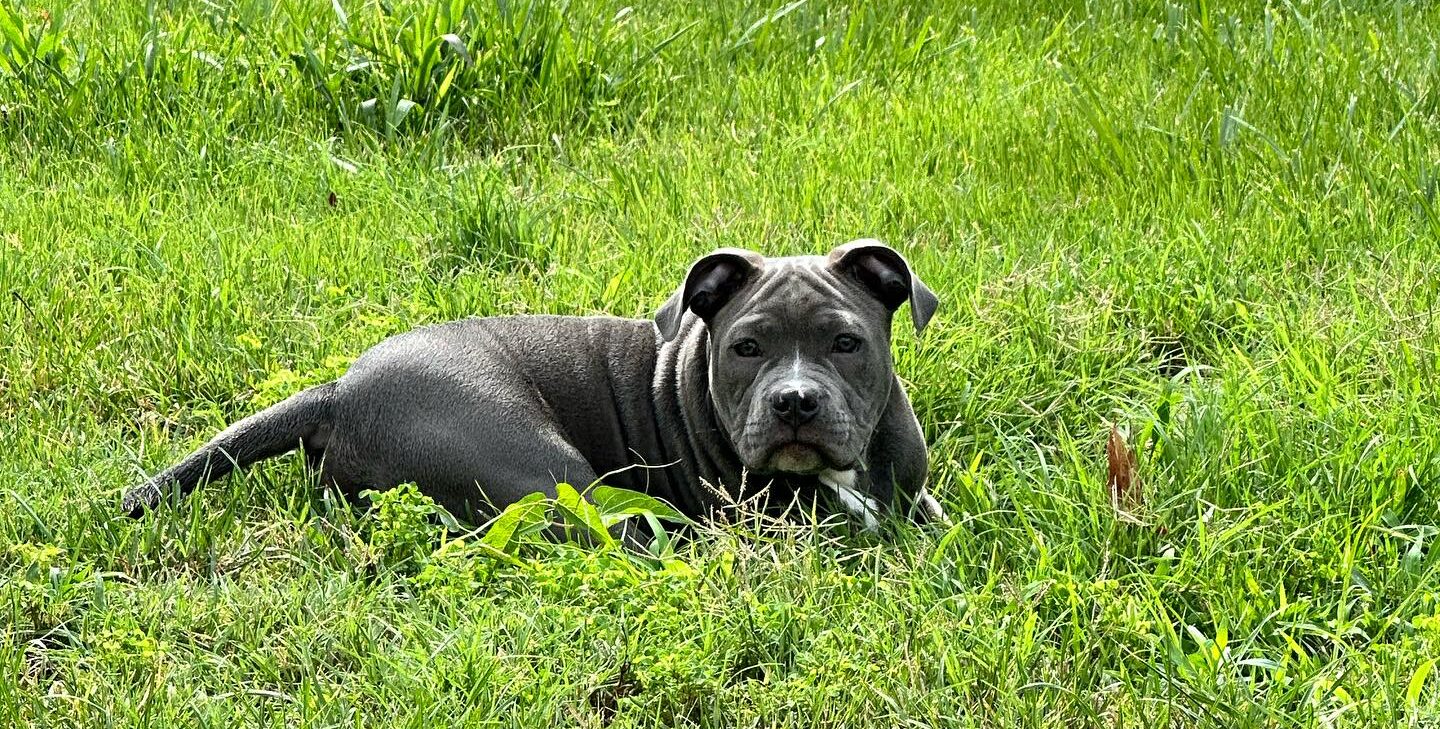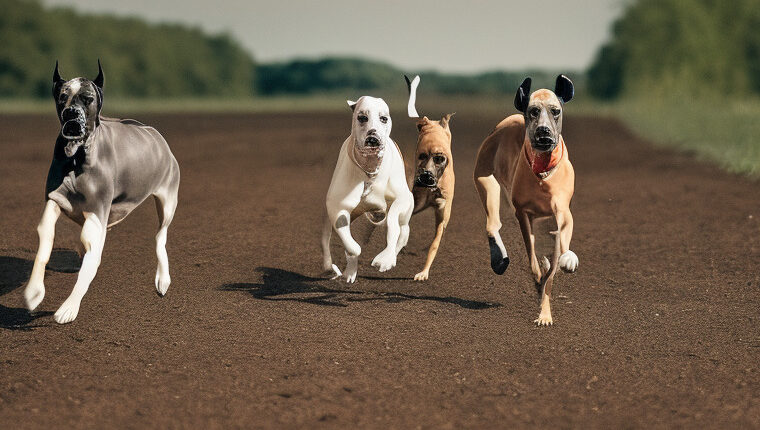Last Updated on October 28, 2023
Back in the days, whenever we watch those cartoon shows, inevitably, you will notice that the shows will always have a scene whereby a bone is being given to the dog just to pacify it. In some sense, this mass propaganda of the behavioral traits of the dog is completely misguided. What I am trying to say, is that not all dogs love bones, and not all bones are suitable for dogs. A reader has sent me an email, asking me can dogs eat prime rib bones. My initial thought was, why should I give such a good cut to my dogs? Prime ribs are indeed expensive, and even I seldom get to consume them. But since a reader asked me this question, then it certainly does warrant further investigation. Hence, this article’s sole purpose is to check on that, as well as identify which bones are suitable for dogs.
Can Dogs Eat Prime Rib Bones?
 Prime rib is considered one of the best cuts that you can ever get. It is also pretty expensive, and hence not many owners would consider this as a budget or a regular treat that they can give to dogs. A prime rib should be cut between the 6th to 12th ribs of the cow. It is often very flavorful after you cook the prime ribs on the bone.
Prime rib is considered one of the best cuts that you can ever get. It is also pretty expensive, and hence not many owners would consider this as a budget or a regular treat that they can give to dogs. A prime rib should be cut between the 6th to 12th ribs of the cow. It is often very flavorful after you cook the prime ribs on the bone.
Having said that, is it considered alright for dogs to eat prime rib bones? Essentially, yes, they can consume the prime rib bones. Rib bones are usually softer, and hence it is easier for dogs to chew. Rib bones also have a lower risk of splintering. Having said that, do note that you should never ever feed dogs with cooked bones of any type. Cooked bones run the risks of splintering, and it will cause massive damage to your dog should the bone splinter and puncture your dog’s organs.
Do note that should you decide to let your dog consume the prime rib bones, ensure that it is completely stripped off of its fats and meat. Also, the bone should never be cooked too, as it will retain its original structure, which is soft enough for dogs to chew on without harming themselves.
Types of Bones
There are essentially two types of bones out there that is readily bought from the butcher. They are classified according to their purpose as well as its content.
The first type of bone is called recreational bones. These bones are meant for keeping your dog’s teeth clean and healthy as well as providing the mental stimulation that they might be lacking on. These types of bones usually do not have a high nutritional value. What they offer is the cartilage and soft tissue, which helps to clean the dog’s teeth when they chew on the soft bone.
The other type of bone is the edible bone. They are completely hollow and are very soft. The edible bone’s sole purpose is to provide a source of nutrition to the dog, as compared to the recreational bones. The edible bone is usually a good source of calcium and other minerals that might be lacking in the dog’s diet.
As part of our recommendation, we suggest you provide to your dog a combination of both types of uncooked raw bones as they each have their own specific purpose. Just remember never offer cooked bones to your dogs at all.
Why You Should Not Feed Your Dog With Cooked Bones
We kept emphasizing that you should not feed your dog with cooked bones. Is there any specific reason why? Indeed! There are many reasons why you should never, ever feed your dog with cooked bones. Here is the main reason why!
Cooked Bones Will Splinter
This is a known fact. When the bone is being cooked, it will transform from a soft bone to a hard and brittle bone. When your dog chews on the latter, the bone will crumble into pieces, and hence running a risk of penetrating through your dog’s internal organs. The bone will eventually penetrate your dog’s abdomen, it will poke through your dog’s stomach. This is not a good event, as it will cause Peritonitis. Peritonitis is a bacterial infection that can kill your dog if it is not treated immediately.
The fragmented bones might run this risk of being dislodged into the dog’s throat or esophagus. This can lead to your dog’s death too as it might potentially restrict your dog’s breathing capabilities.
The bone might also be stuck inside the dog’s stomach or intestines. When this happens, the bone fragment might be too large to move around in the dog’s stomach or intestines, which causes blockage in the dog itself. This requires the vet to perform a quick procedure to extract the piece that is stuck in the dog’s system. Similarly, if the fragment is sharp and has penetrated into the dog’s internal system, it will lead to infection and as well as death.
Assuming that the bone fragment is able to pass through the digestive system of the dog, the dog will eventually try to excrete the bone fragment out, together with its regular body waste. However, in the event that the cooked prime rib is unbroken down, the sharp ends might rupture the rectum. This is not a good sight, as it will cause severe bleeding. If this ever happens, an emergency trip to the vet is a total necessity. Do not try to extract the bones yourself, as you might cause further damage to the dog’s internal organs.
What Should I Do If My Dog Eats A Cooked Bone?
If your dog has eaten a cooked bone by mistake, it is important for you to act quickly so that you can minimize the damage. Here are some steps you should take:
- Remove any remaining pieces of bone or other foreign objects from your dog’s mouth. Use caution to avoid getting bitten, which is a possibility if your dog is in a stage of distress
- Call your veterinarian or an animal control hotline for guidance. Have your dog’s breed, age, weight, and any symptoms available when you call. The vet will need all this information so that they can have a background of your dog.
- Follow the instructions provided by your veterinarian or the animal control hotline. This may include inducing vomiting, administering medication, or bringing your dog in for treatment. In all likely hood, they will recommend you to bring the dog in immediately.
- Monitor your dog for any signs of distress or illness, such as vomiting, diarrhea, lethargy, difficulty breathing, or abdominal pain. If you notice any of these signs, contact your veterinarian immediately.
It is important to keep in mind that bones can cause serious injury or death to dogs, so it is best to prevent your dog from accessing cooked bones in the first place. Keep the cooked bones and other foreign objects out of reach of your dog, and give them only treats that are specifically made for them and are safe for them to consume.
Can Eating Prime Rib Bones Be Harmful To A Dog’s Dental Health?
Eating cooked prime rib bones is not good for a dog’s dental health. Indeed, all cooked bones, including prime rib bones, can splinter and cause blockages or tears in a dog’s digestive system, leading to serious injury or death. In addition, bones can break or crack a dog’s teeth, leading to expensive and painful dental problems. They can also become stuck in a dog’s teeth, which can lead to infection or other dental issues. Finally, bones can cause wear and tear on a dog’s teeth over time, leading to tooth loss or other dental problems.
It is important to keep in mind that bones are not a natural part of a dog’s diet, and there are safer and more appropriate ways to care for a dog’s dental health. Regular teeth brushing, dental chews, and professional dental cleanings can help keep a dog’s teeth and gums healthy.
Conclusion
I admit we digressed a little, but we felt the need to explain the dangers of providing a cooked bone to your dog. If needed, you should always feed uncooked bones to your dog as it will provide them with benefits rather than the dangers that are often associated with cooked bones. In addition, prime ribs are considered a good cut. You should always be mindful only to feed the dog with uncooked bones.
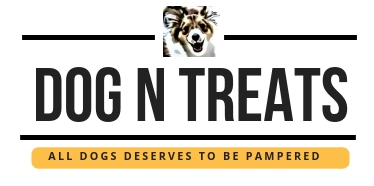 Dog N Treats All dogs deserve to be pampered
Dog N Treats All dogs deserve to be pampered
